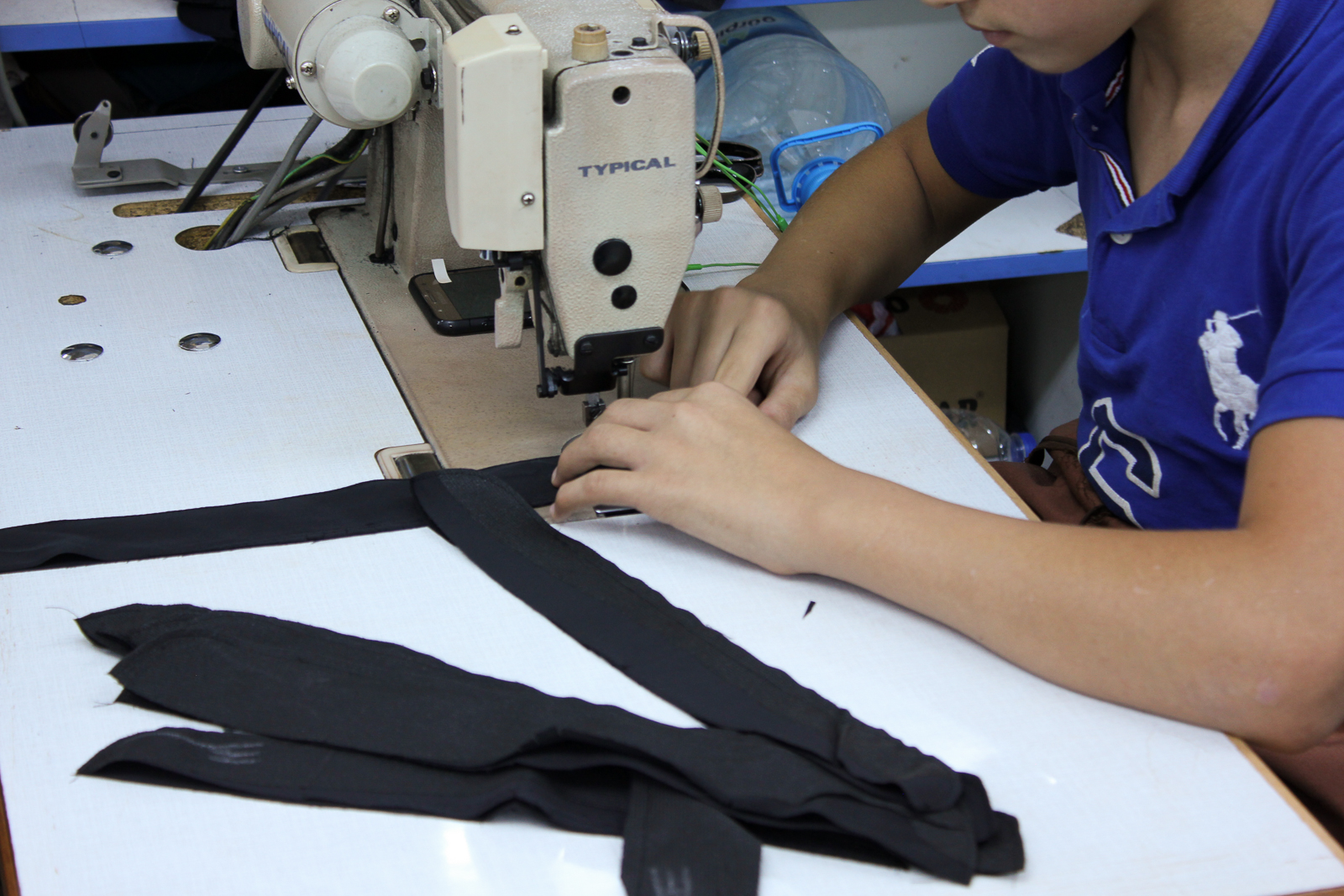
‘Remarkable moment’ says Nobel Prize winner Kailash Satyarthi as India commits to tackle child labour
The Indian government has ratified two global conventions that mean it will have to abide by international standards on the employment of children.
Nobel Peace Prize winner Kailash Satyarthi has hailed a decision by the Indian government to tackle the scourge of child labour.
India yesterday ratified two major global agreements on the employment of children. The country’s last census in 2011 showed there were more than four million child labourers aged between five and 14 – but the true figure is feared to be much higher.
“This remarkable moment provides an opportunity for the country to make renewed commitment for ending forced labour, modern slavery and human trafficking,” said Satyarthi.
“Let this be the last generation that has been exploited in the name of illiteracy, poverty or helplessness.”
India yesterday ratified the International Labour Organization‘s Convention on the Worst Forms of Child Labour and the Minimum Age Convention.
This means it is committed to abide by international standards on the employment of children and will have its progress reviewed by other nations.
The conventions prohibit employing children under 14 or employing adolescents aged 14 to 18 in hazardous work.
Indian Minister of Labour Bandaru Dattatreya said in statement the ratification reaffirmed the country’s “commitment to a child labour-free society”.
The news came the day after World Day Against Child Labour. There are more than 168 million child labourers aged from five to 17 around the world – and 85 million of them work in hazardous conditions.
Many of them will never start school or will drop out of school. They have little or no time for play or normal childhood activities.
More than half of India’s child workers are employed in agriculture and more than a quarter in manufacturing – embroidering clothes, weaving carpets or making match sticks.
Many girls are sold into sexual slavery.

Satyarthi organised a child rights summit in India in December, where more than 200 global leaders and Nobel laureates pledged to use their voices to protect millions of exploited children across the world.
Satyarthi, who has helped to rescue more than 80,000 child slaves in India, is currently campaigning in Brazil.
He said: “For years, India was saying we don’t have child slavery and was hesitant to admit the worst forms of child labour exist here.
“But now this government has agreed that this is a problem and that is why we are ratifying the convention.”
He said the move would mean increased government spending on children and also provide a strong legal tool for charities seeking to strengthen policy on child labour in the country’s courts.
India has one of largest populations of children in the world, with more than 40% of its 1.2 billion people below the age of 18, according to its 2011 census.
The economic boom in the last two decades has lifted millions out of poverty and progress has been made in curbing child labour with the introduction of social welfare schemes and laws to protect minors and ensure education.
But India is still home to more than 30% of the world’s 385 million most impoverished children, according to a 2016 World Bank and UNICEF report.